That's the cool thing about advocating for mental health. There's so many ways you can do it and to incorporate your own interests and your passions, because that's what connects us at the end of the day.
Advocacy may seem intimidating and you may not know how to begin—but getting started by taking the first step can be simple. Sometimes all it takes is acknowledging you want to make a change and letting others know you want to make the change. You can reach out to your friends or a trusted adult in your life like a teacher or counsellor.
You can inspire action and create change in many different ways. You can join existing clubs or initiatives, or talk with a friend or someone else about the changes you (or they) would like to see to improve mental well-being in your school or community. If you notice something that can be improved—a gap or opportunity (such as a lack of space for safe conversations to happen)—you can create a club, event or initiative to help improve things. Social media is a great tool to help you get involved: you can like or share content that promotes advocacy for mental well-being or create your own content to share with your peers. When using social media, it is important to fact check and ensure the content you are sharing is correct by looking at trusted resources or talking to a trusted adult.
When we step outside our comfort zones to create change, we also need to ensure we are taking care of ourselves along the way. One part of self-care is being aware of one's boundaries and making sure we are not taking on too much. It’s important to notice when you’re stressed or struggling, identify what you need to be healthy and take the time to do it. Some ways are by taking time to care for your own mental health, making time for hobbies such as photography or music, doing mindfulness activities such as journaling or meditation, or speaking with someone you trust.
Actionable Insights
Talk to someone who inspires you about how they got started advocating for mental well-being. If you see an opportunity for a new initiative, talk to someone you trust about how you can get it started.
Look into what initiatives or opportunities are already available in your school or community (through the school website, social media, talking to teachers and counsellors etc.).
When we support others or inspire action to create change, it’s easy to forget about ourselves and our own needs. It’s important to pay attention to how you’re doing and take the time to care for your own mental health. Check out this resource to help identify when you are stepping outside of your own boundaries.
Don't be afraid to start small and build from there.
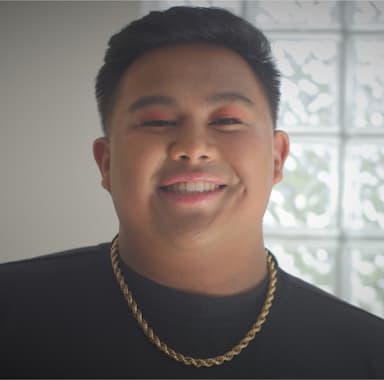
Jay (he/she/they)
SurreyJay (he/she/they) is a 23 y/o Non-Binary, Gay, Queer, Filipino-Canadian born and raised on the ancestral and traditional territories of the sq̓əc̓iy̓aɁɬ təməxʷ (Katzie), Qw'?ntl'en (Kwantlen), and SEMYOME (Semiahmoo) First Nations, also known as Surrey, BC, Canada. Jay is passionate about music, dance, singing, and most of all, mental health advocacy. Through social media and the spaces Jay takes up, they strive to advocate for individuals identifying as Queer, Plus Size, or as BIPOC. Jay hopes to see more youth inspiring others to share their story and believe in their truth.
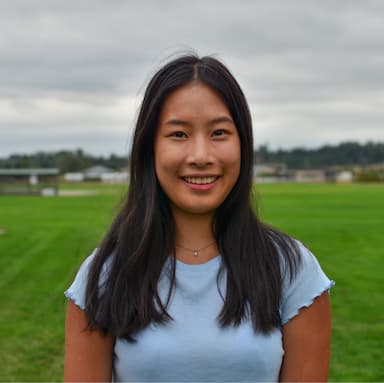
Katherine (she/her)
LangleyKatherine (she/her) is a Grade 12 student from Langley, BC. She started advocating for mental health in her school when she organized an after-school program called Tutor&Tunes as part of her Grade 11 capstone project, exploring the impacts of music on mental health. The club provided a space where students could go after a stressful day at school to receive homework support from their peers as well as participate in wellness workshops inspired by music therapy. Katherine hopes to encourage others that getting involved with a mental health school club can be as simple as inviting your friends to have a jam session together!
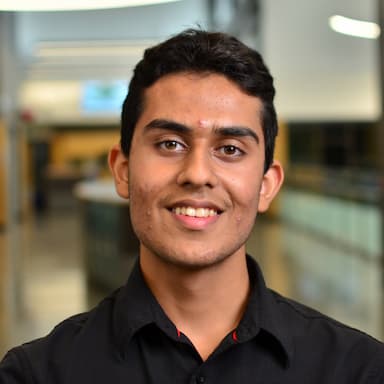
Ojas (he/him)
Maple RidgeOjas (he/him) is a Grade 10 high school student from Metro Vancouver, British Columbia. After feeling lonely during lunchtime a year ago, he created a Lunch Club and began pushing for mental health awareness in his school. The Lunch club gave students who didn't have someone to sit with a place to eat, as well as engage with others in a judge-free zone. Ojas hopes to spread the message that anyone can provide a safe and non-judging space for others who might be alone and find it difficult to make friends.
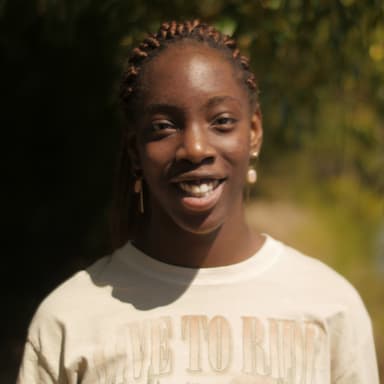
Mboule (she/her)
Prince GeorgeMboule (she/her) is a Grade 12 high school student and is from the traditional territory of the Lheidli T'enneh (clayt-clay den-ay) First Nation and their traditional land, also known as Prince George, BC. She started her advocacy journey when she decided to take a leap of faith and join the Balancing Our Minds Toolkit youth advisory committee in hopes that she could expand her knowledge on how to become a better advocate and also inspire others to start their own advocacy journeys. Mboule is already moving forward with her own journey, and has decided to volunteer as a TeleFriend with Integrative Touch, a non-profit organization based in Arizona.
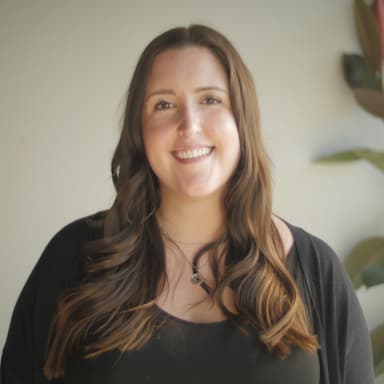
Laurie (she/her)
AbbotsfordLaurie (she/her) is a recent graduate of the University of British Columbia's Masters of Health Administration program and resides on unceded Stó:lō (staw-low) territory in the Fraser Valley. She uses her personal story to provide hope and tools for wellness to others through social media (@laurieanned), the Bold Beautiful Borderline podcast, and The Super Feelers Club, a virtual low barrier peer support group program for individuals who live with intense emotions. Laurie uses her passion and life experiences to improve the health system and was a host of the Balancing Our Minds Community Summit in Surrey from 2017 to 2019.
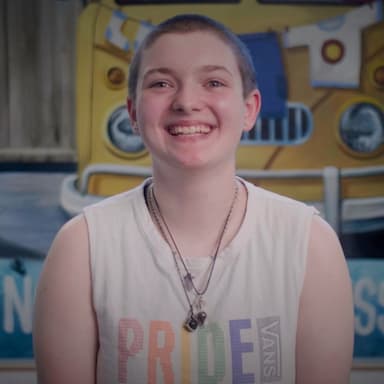
Noia (he/they)
SurreyNoia (he/they) is a Grade 11 student that resides on the ancestral and traditional territories of the sq̓əc̓iy̓aɁɬ təməxʷ (Katzie), Qw'?ntl'en (Kwantlen), and SEMYOME (Semiahmoo) First Nations, also known as Surrey, BC, Canada. They started advocating for mental health at a young age by creating and leading a youth empowerment program in Grade 5. Noia also volunteered with his school's Inclusion program, working to bridge the gap between students with hearing impairments and hearing students. During the past few years, Noia has become a diversity team leader and a leader within the GSA (gender, sexuality alliance) community. Community advocacy continues to remain important as Noia works with non-profit Indigenous organizations to help with youth empowerment and cultural reclamation.